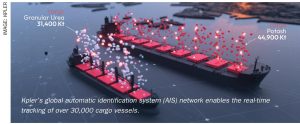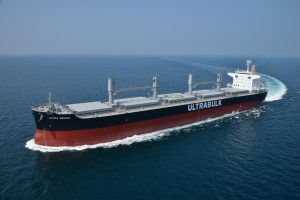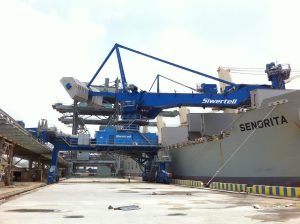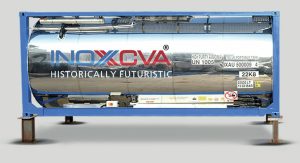
Alfa Laval signs MoU for ammonia fuel system collaboration
Alfa Laval Korea Ltd. has signed a Memorandum of Understanding (MOU) with Hanwha Ocean Ecotech, marking a significant step toward strengthening cooperation in developing safe and reliable ammonia fuel system solutions for dual-fuel vessels. The collaboration is founded on a shared ambition to advance ammonia fuel systems for dual-fuel vessels. Alfa Laval will contribute its proven capabilities in ammonia fuel and mitigation technologies through ammonia fuel supply system and FSS and ammonia release mitigation system (ARMS) and Hanwha will apply its extensive experience in system engineering and integration. This partnership will facilitate the exchange of expertise and improve productivity and safety on board.








